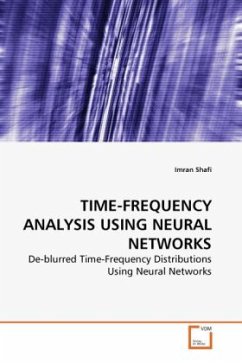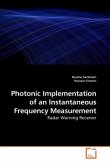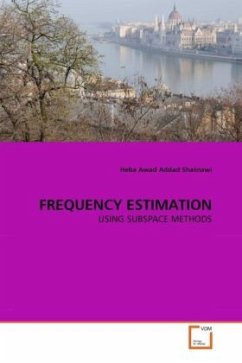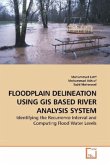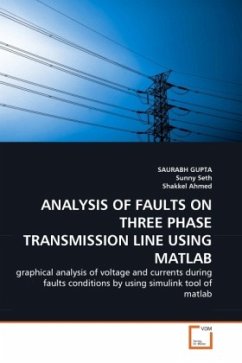The work in this monograph is divided in three parts. In the first part, it explores and discusses the diversity of concepts and motivations for obtaining good resolution and highly concentrated time- frequency distributions (TFDs) for the research community. The description of the methods used for TFDs' objective assessment is provided later in this part. In the second part, a novel multi-processes neural network based framework to obtain highly concentrated TFDs is proposed. The propose method utilizes a localised Bayesian regularised neural network model (BRNNM) to obtain the energy concentration along the instantaneous frequencies (IFs) of individual components in the multicomponent signals without assuming any prior knowledge. The third part presents the discussion on the experimental results obtained by the proposed technique. Moreover the framework is extended to include the various objective methods of assessment to evaluate the performance of de-blurred TFDs obtained through the proposed technique.

